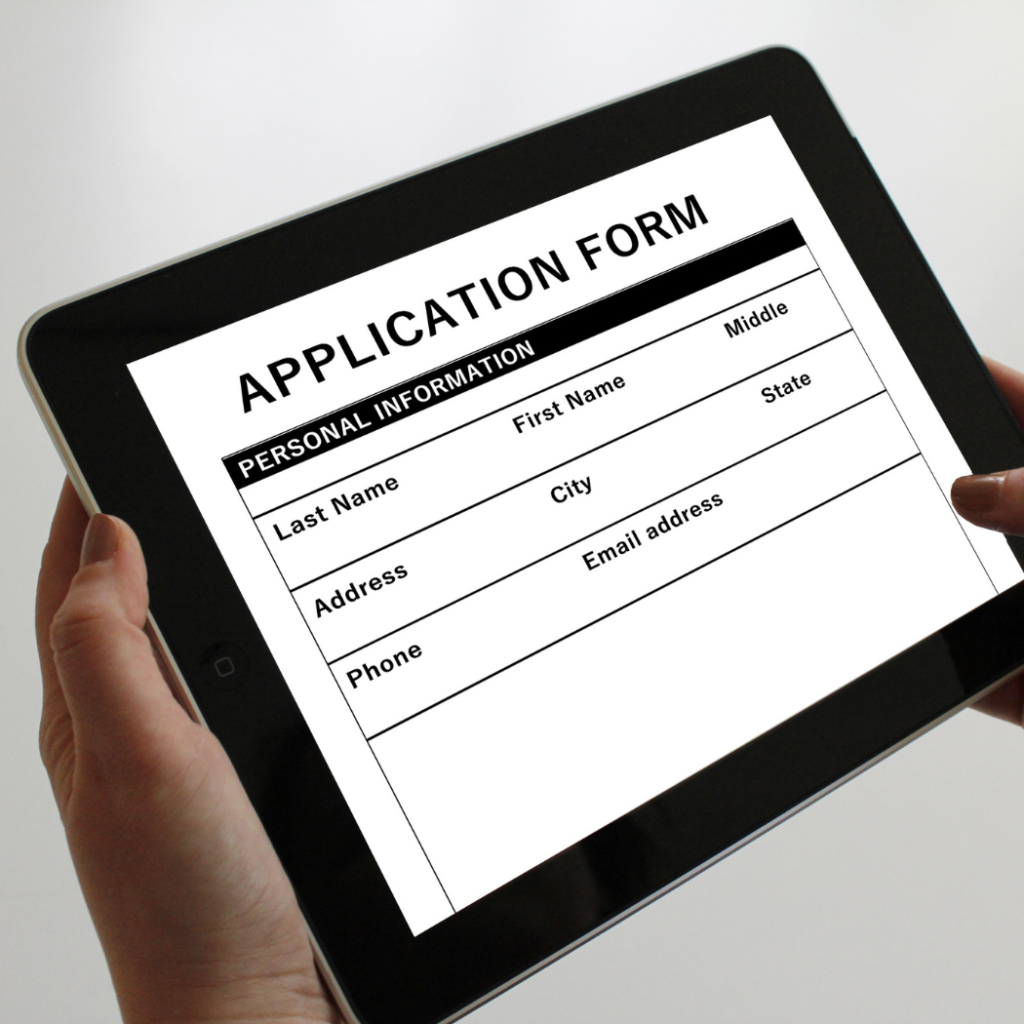Introduction
Machine learning applications has become a transformative force in various industries, automating tasks, enhancing decision-making, and revolutionizing the way we interact with technology. From healthcare and finance to entertainment and transportation, Machine learning applicationss continue to evolve, offering new possibilities and efficiencies. This article explores some of the most impactful machine learning applications across different domains.

1. Healthcare and Medicine
Machine learning applications is playing a crucial role in improving healthcare services, enhancing diagnostics, and personalizing treatment plans.
a. Disease Diagnosis and Detection
ML algorithms, particularly deep learning models, are used to analyze medical images such as X-rays, MRIs, and CT scans. AI-driven tools can detect diseases like cancer, pneumonia, and diabetic retinopathy with accuracy comparable to or even better than human radiologists.
b. Personalized Treatment and Drug Discovery
ML helps in creating personalized treatment plans by analyzing a patient’s genetic information, medical history, and lifestyle factors. Moreover, machine learning expedites drug discovery by predicting how different compounds interact with biological systems, reducing the time and cost of developing new medications.
c. Predictive Analytics for Patient Care
Hospitals use ML-powered predictive analytics to anticipate patient deterioration, optimize hospital resource allocation, and prevent readmissions. Wearable devices equipped with Machine learning applications algorithms continuously monitor vital signs, alerting users and doctors about potential health issues.
2. Finance and Banking
The financial sector relies on machine learning for fraud detection, credit risk assessment, and automated trading.
a. Fraud Detection
Machine learning applications models analyze transaction patterns to detect fraudulent activities. By using anomaly detection techniques, financial institutions can flag suspicious transactions in real time, preventing fraud before it occurs.
b. Credit Scoring and Risk Assessment
Traditional credit scoring models rely on historical data, whereas ML algorithms assess creditworthiness using diverse data sources, including social behavior, online transactions, and financial habits. This results in more accurate and inclusive credit assessments.
c. Algorithmic Trading
Machine learning applications is widely used in algorithmic trading, where AI-driven models analyze vast amounts of market data to predict stock price movements and execute trades at optimal times, increasing profitability for traders and investment firms.
3. Retail and E-commerce
The retail industry benefits from machine learning in multiple ways, from personalized recommendations to inventory management.
a. Recommendation Engines
ML algorithms power recommendation engines used by e-commerce giants like Amazon and Netflix. These systems analyze user behavior, purchase history, and preferences to suggest products, enhancing customer experience and increasing sales.
b. Demand Forecasting and Inventory Management
Retailers leverage ML to predict demand for products, reducing overstock and stockouts. This optimization leads to cost savings and improved supply chain efficiency.
c. Customer Sentiment Analysis
Natural Language Processing (NLP)-based ML models analyze customer reviews, social media comments, and feedback to understand consumer sentiment. This insight helps businesses improve products and services based on customer needs.
4. Autonomous Vehicles and Transportation
Machine learning is at the heart of the self-driving car revolution and intelligent transportation systems.
a. Self-Driving Cars
Autonomous vehicles rely on ML algorithms to process data from sensors, cameras, and GPS. These systems interpret road conditions, detect obstacles, and make real-time driving decisions, enhancing safety and efficiency.
b. Traffic Prediction and Route Optimization
Navigation apps like Google Maps use ML to analyze traffic data and suggest the fastest routes. These predictions help reduce congestion and improve commuting efficiency.
c. Fleet Management and Predictive Maintenance
Transportation companies use ML to optimize fleet operations, reduce fuel consumption, and predict vehicle maintenance needs, preventing breakdowns and costly repairs.
5. Entertainment and Media
Machine learning enhances the way we consume content, making it more personalized and engaging.
a. Content Recommendation
Streaming platforms like Netflix, Spotify, and YouTube use ML algorithms to recommend movies, music, and videos based on users’ viewing and listening habits.
b. AI-Generated Content
ML-driven AI models generate realistic art, music, and even news articles. For instance, OpenAI’s GPT models can write human-like text, while AI-powered music composition tools create original songs.
c. Deepfake Technology
Although controversial, ML-powered deepfake technology creates realistic face-swaps in videos and images. This has applications in entertainment, but also raises ethical concerns regarding misinformation and privacy.

6. Cybersecurity and Data Protection
With cyber threats increasing, machine learning plays a crucial role in enhancing security.
a. Threat Detection and Prevention
ML-based cybersecurity systems analyze patterns in network traffic to identify anomalies that indicate cyberattacks, including malware infections, phishing attempts, and unauthorized access.
b. Biometric Authentication
Face recognition, fingerprint scanning, and voice recognition systems use ML to enhance security measures for accessing devices and online accounts.
c. Automated Incident Response
Machine learning enables automated security systems to respond to cyber threats in real time, minimizing damage and preventing breaches before they escalate.
7. Natural Language Processing (NLP) Applications
NLP, a subset of ML, enables machines to understand, interpret, and generate human language.
a. Chatbots and Virtual Assistants
AI-powered chatbots like ChatGPT, Google Assistant, and Siri use NLP to understand user queries and provide relevant responses, improving customer support and personal assistance.
b. Sentiment Analysis and Opinion Mining
Businesses use NLP to analyze public opinions from social media, reviews, and surveys, gaining insights into customer satisfaction and brand reputation.
c. Machine Translation
Translation tools like Google Translate leverage ML to provide accurate and context-aware translations between multiple languages, breaking down language barriers.
8. Manufacturing and Industry 4.0
Machine learning is driving automation and efficiency in manufacturing through predictive maintenance, quality control, and robotics.
a. Predictive Maintenance
ML models analyze sensor data from machinery to predict equipment failures before they happen, reducing downtime and maintenance costs.
b. Quality Control and Defect Detection
Computer vision-based ML models inspect products in real time, identifying defects and ensuring quality standards are met.
c. Supply Chain Optimization
Manufacturers use ML to streamline supply chain operations by predicting demand, optimizing logistics, and reducing waste.

Conclusion
Machine learning is revolutionizing industries and shaping the future of technology. From healthcare and finance to entertainment and transportation, its applications are diverse and continuously expanding. As ML continues to evolve, it will unlock even more possibilities, improving efficiency, personalization, and decision-making across various domains. Businesses and individuals alike must stay informed about these advancements to harness the full potential of machine learning in the coming years.
FAQS
1. What is Machine learning applications?
Machine learning applications is a branch of artificial intelligence (AI) that enables computers to learn from data and make decisions without being explicitly programmed.
2. What are the main applications of Machine learning applications?
Machine learning applications is used in various domains, including:
- Healthcare – Disease prediction, medical image analysis
- Finance – Fraud detection, stock market prediction
- Retail & E-commerce – Recommendation systems, demand forecasting
- Manufacturing – Predictive maintenance, quality control
- Transportation – Autonomous vehicles, route optimization
- Marketing – Customer segmentation, sentiment analysis
3. How does Machine learning applications improve healthcare?
ML helps in diagnosing diseases, predicting patient outcomes, personalizing treatment plans, and analyzing medical images to detect abnormalities.
4. How is Machine learning applications used in finance?
Financial institutions use ML for fraud detection, risk assessment, algorithmic trading, credit scoring, and customer profiling.
5. Can Machine learning applications be used for cybersecurity?
Yes, ML can detect anomalies, identify threats, and improve security by analyzing network traffic, detecting malware, and preventing cyberattacks.
6. What is the role of Machine Learning in e-commerce?
E-commerce platforms use ML for product recommendations, dynamic pricing, personalized advertising, and customer behavior analysis.


